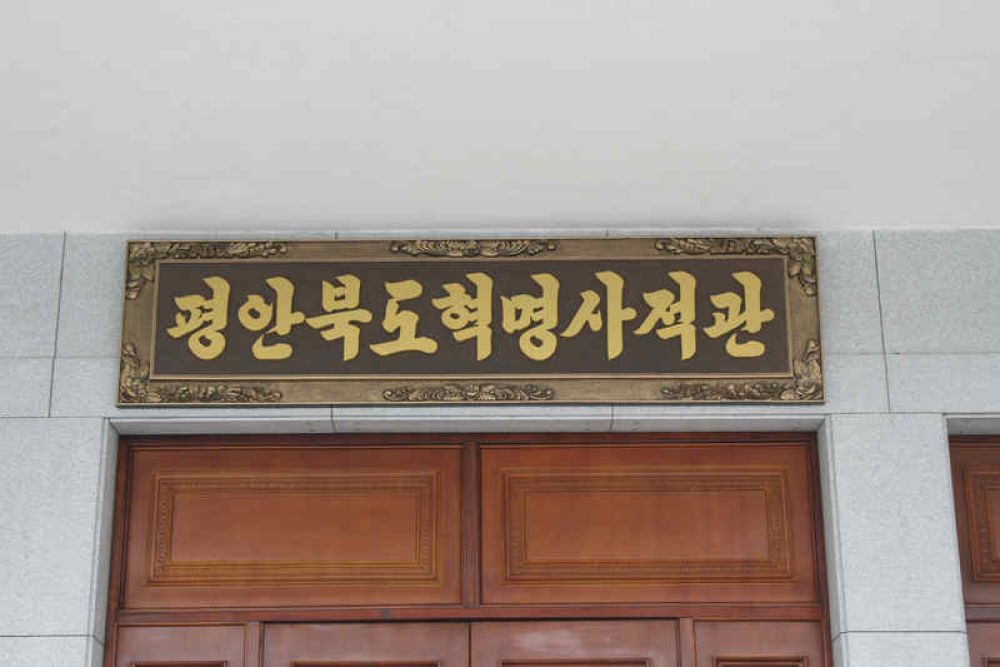

The Sinuiju Revolutionary Museum is located in the city of Sinuiju, which is the capital of North Pyongan Province in North Korea. This museum is dedicated to the revolutionary history of North Korea, with a particular focus on the anti-Japanese armed struggle. Sinuiju itself is situated just across the Yalu River from the Chinese city of Dandong, making it an important border stronghold both historically and in contemporary times.
The history of Sinuiju as a tourist destination is closely linked to the broader context of tourism in North Korea. Given that North Korea is one of the most isolated and controlled societies in the world, tourism has always been highly regulated by the government. Sinuiju, being a border city, has historically been less accessible to foreign tourists but has seen some development in cross-border tourism, primarily with Chinese visitors. The establishment of sites like the Sinuiju Revolutionary Museum serves to showcase the official narrative of the North Korean government regarding its revolutionary heritage.
The museum showcases a number of exhibits detailing the history of the Korean resistance against Japanese colonization, the activities of the Workers' Party of Korea, and the life of North Korea's founding leader, Kim Il-sung, particularly his youthful exploits. These exhibits often include personal belongings, historical documents, and photos. While the museum's narrative is carefully curated to align with state ideology, it provides insight into the importance of Sinuiju in the revolutionary history of North Korea.
In recent years, North Korea has made efforts to promote Sinuiju as a special economic and tourist zone, aimed at attracting foreign investment and tourists, primarily from China. This has included the proposal of new tourism projects and possible visa-free entry schemes for certain visitors. Moreover, there are plans to modernize the Sinuiju airport to facilitate increased tourist traffic.
Nevertheless, tourism in Sinuiju and North Korea, in general, remains tightly controlled, with visitors required to travel as part of guided tours organized by state-approved travel agencies. Individual tourism is not permitted, and tourists are frequently accompanied by government guides who monitor their activities and restrict access to non-sanctioned areas.
For those who do get the opportunity to visit Sinuiju and the museum, the experience provides a rare glimpse into North Korean culture, history, and society. However, it is important to acknowledge that the experience is carefully constructed to present an image of the country that aligns with official state narratives.
Overall, the Sinuiju Revolutionary Museum plays a part in North Korea's ongoing attempts to create a controlled yet inviting environment for tourists, wherein the country's revolutionary history and ideology are center stage.
Prospective visitors should be aware of the legal and ethical considerations when travelling to North Korea. It is crucial to understand and comply with the country's laws and customs to avoid any misunderstanding or conflict. Additionally, the political situation and relations with North Korea can change rapidly, influencing travel advisories and the ability to visit the country.